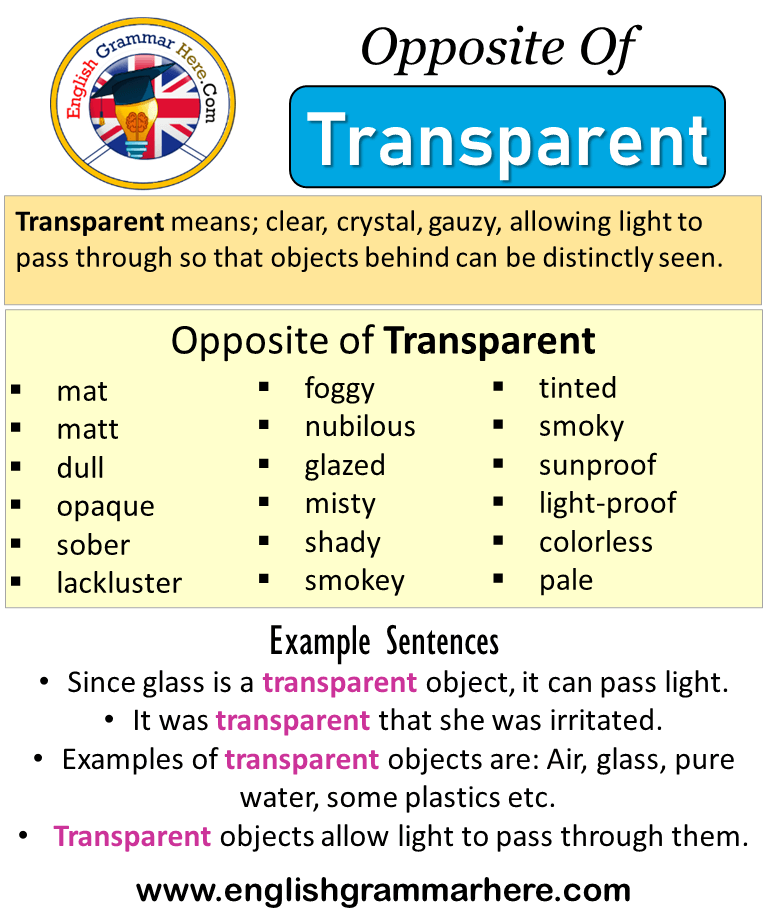
When an autobiographical memory is recalled, information in widely separated areas of cortex are excited in time-locked circuits or coactivation similar to those that were active at encoding ( 2, 3, 12, 13). Over time, however, a consolidation process may take place, allowing that reactivation to occur without medial temporal or diencephalic support (refs. For some time after encoding, retrieval or reactivation also requires the involvement of the hippocampal region. Retrieval of this information involves the frontal lobes, but like the role of the diencephalon and medial temporal lobes in encoding, the frontal lobes are not thought to contribute most of the information but rather are thought to contribute the retrieval strategies needed to access it ( 6, 11).


The actual long-term storage of information for conscious recall is mediated by these encoding centers but is in sense-specific locations in cortex and in cortical and subcortical areas that support emotion ( 3). Encoding new experiences for later recollection is mediated by areas in the medial temporal lobes, especially the hippocampus and surrounding areas ( 9, 10), and the diencephalon, which includes the mammillary bodies, and dorsomedial thalamus. Of the 6 cases in which both the severity of retrograde and anterograde amnesia and the temporal gradient of the retrograde amnesia were noted, 4 had a more severe retrograde amnesia with no temporal gradient and 2 had a less severe retrograde amnesia with a temporal gradient.Īccording to the consensus view of the neural mechanisms supporting autobiographical, or episodic ( 1), memory, the ability to recollect past events consciously is mediated by multiple systems distributed throughout the cortex ( 2– 11). Of the 11 cases of long-term visual memory loss found in the literature, all had amnesia extending beyond a loss of visual memory, often including a near total loss of pretraumatic episodic memory. Because it is caused by a deficit in access to stored visual material and not by an impaired ability to encode or retrieve new material, it has the otherwise infrequent properties of a more severe retrograde than anterograde amnesia with no temporal gradient in the retrograde amnesia. We describe a form of amnesia, which we have called visual memory-deficit amnesia, that is caused by damage to areas of the visual system that store visual information.


 0 kommentar(er)
0 kommentar(er)
